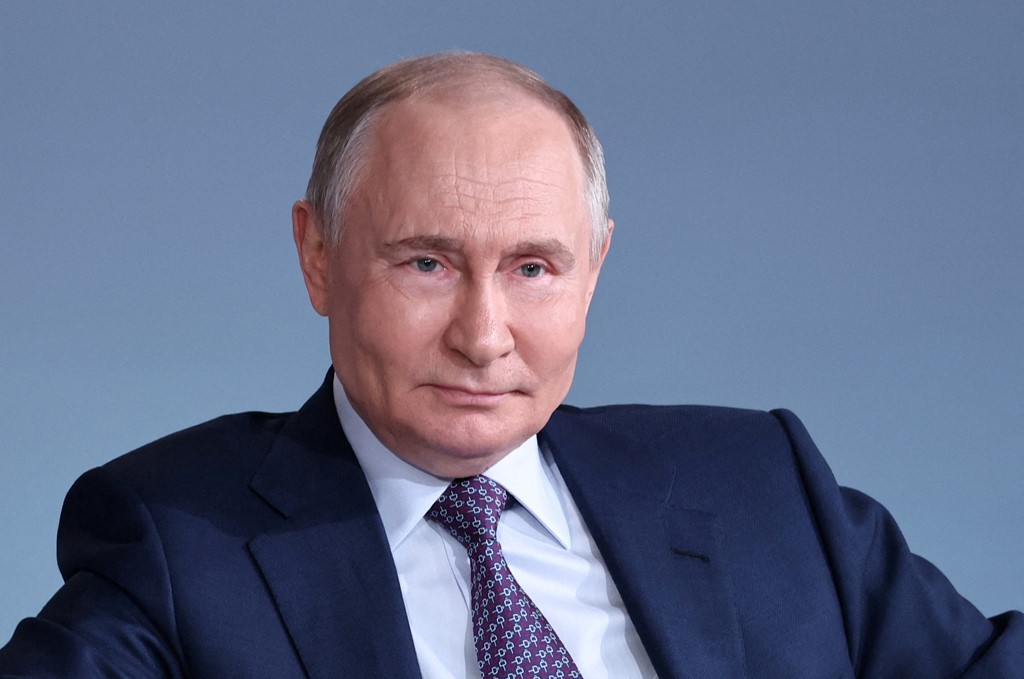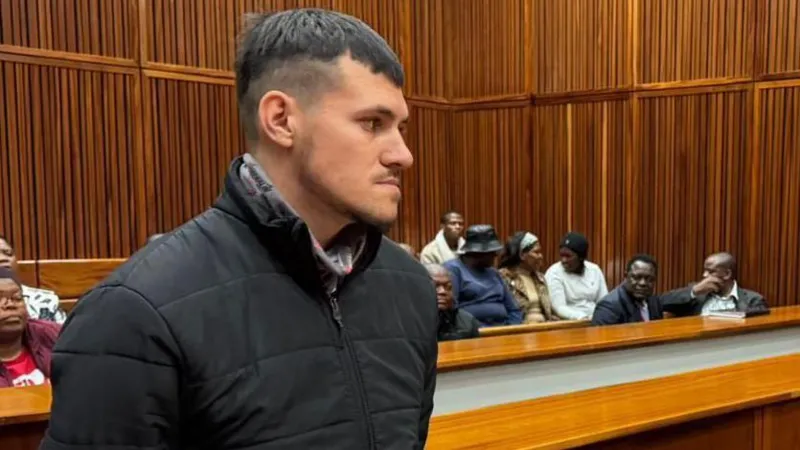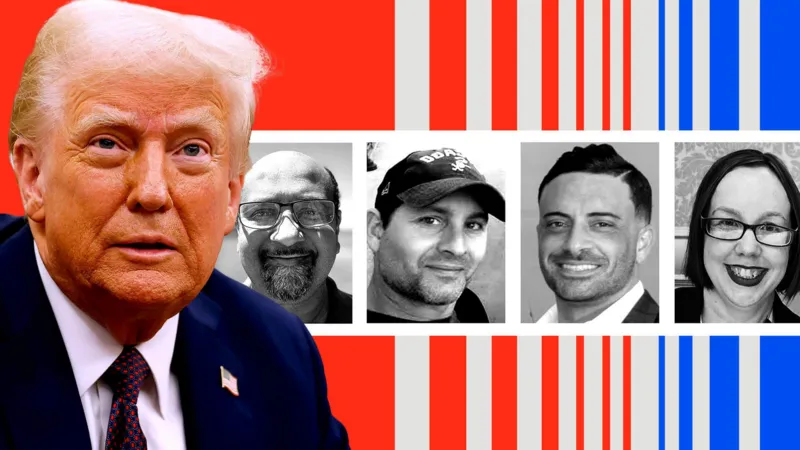Ukraine war latest: Russia and China strike deal worth billions as Putin hosts Xi; Ukraine lists ceasefire violations
Ukraine says Russia has broken its three-day ceasefire more than 700 times in its first 12 hours - but the Kremlin says Kyiv has violated it too. Meanwhile, foreign leaders - such as China's Xi Jinping - are in Moscow for upcoming Victory Day celebrations.

Russia and China highlight removal of 'root causes' as key to peace
More now from Xi Jinping's visit to the Kremlin.
In a joint statement cited by Russian news agencies, the Chinese president and Vladimir Putin highlighted "root causes" must be removed to solve the conflict.
The pair, the statement adds, are "convinced" this is a necessary step.
Russia's root causes revolve around issues such as guarantees Ukraine will not join NATO and removing Volodymyr Zelenskyy from power.
Russia began this war when it invaded Ukraine in February 2022, despite repeatedly denying it had any intention to do so. It also annexed Crimea illegally in 2014, during a period of political turmoil in Ukraine.
Russia pledges billions for joint projects with Chinese firms - as Putin deepens ties at Kremlin talks
More now from Russian President Vladimir Putin's talks with his Chinese counterpart, Xi Jinping, in Moscow.
As you can see from the image below, the two have large delegations with them to hash out the details of deeper cooperation between their two countries.
And now we're hearing of some details, with staggering sums on the table.
The Russian state development bank VEB plans to provide around 3.5 trn roubles ($42.74bn, or more than £30bn) in funding for joint projects with Chinese businesses, VEB head Igor Shuvalov revealed today.
Putin said of the talks: "We welcome the creation of production facilities and the transfer of Chinese industrial expertise to our country.
"For our part, we intend to continue creating comfortable conditions for Chinese companies to operate in Russia."
Shuvalov said the 3.5trn roubles in funding was earmarked for projects in industries like gas, timber processing and shipbuilding.
Why does this matter in the Ukraine war?
While the West moved quickly to hit Russia with sanctions to constrain its war effort after the full scale invasion of Ukraine in February 2022, the anticipated crippling of the Russian economy hasn't quite materialised.
Experts say thats's largely because Putin has successfully sought out trading partners and buyers for Russian oil elsewhere in the world - with China a crucial customer.
Putin's ceasefire may be a ploy - but it's also a moment of truth with plenty at stake
Donald Trump has a soft spot for military spectacles and autocrats.
He will be looking on with envy as Vladimir Putin parades both tomorrow in Moscow, with Chinese leader Xi Jinping already in Russia's capital to join Victory Day events in Red Square.
European allies of Ukraine will be watching nervously, wary of anything that could upturn the delicate quest for peace.
Trump's patience for peddling his much vaunted 'peace deal' has been wearing thin, and allies had feared Ukraine could be punished for it.
That would have been grotesquely unfair, of course.
Ukraine has bent over backwards to accommodate Trump's one-sided diplomacy that has so far seemed to favour the aggressor in this obscene war.
True, the Trump proposal doesn't agree to Russian annexation of all the land already taken by force and stops short of ordering the complete demilitarisation of Ukraine - but otherwise the proposals are pretty much everything that Moscow has asked for.
Out of his depth and lost in the rough?
The deal is being pushed by Steve Witkoff, Trump's golf partner-turned-chief negotiator, a man regarded by diplomats as out of his depth and lost in the rough when it comes to the art of statecraft.
Like his president, Witkoff has a history of doing business with Russian oligarchs, an apparently starry-eyed view of the Russian leader and has called Ukraine a "false country".
Witkoff and Trump have so far given Putin the benefit of the doubt, but a moment of truth is approaching.
While Ukraine has agreed to a longer ceasefire in principle, Vladimir Putin will not.
Ukraine's European allies feared Trump was about to despair of progress, blame Ukraine and take US military support with him.
Then came the minerals agreement between the US and Ukraine.
The breakthrough gave the US president something to show for his efforts and assuaged his desire for some kind of deal.
He seems to have moved on, for now at least, and approved the first $50m of arms sales to Ukraine.
But these remain a tense few days ahead, with plenty at stake.
Putin's 'pointless pause' could risk escalation
Putin's self-declared three-day ceasefire raises the spectre paradoxically of escalation, if either side breaks it - and both have accused the other of violations already.
The Russian lull is seen here in Kyiv as little more than a ploy.
If the Russian leader were serious about giving peace a chance, they say, he would have signed up to the permanent ceasefire being proposed by the Trump team.
Besides, Russia broke the last truce in Easter as soon as it had begun and used it to carry out surveillance and reinforcement operations, says Kyiv.
Why risk another pointless pause that is exploited by the invaders?
If Russia plays the same games this time and Ukraine retaliates, there could be a significant escalation.
Likewise, with any Ukrainian drone attack on Moscow during Victory Day.
Any major flare-up will not be looked on favourably by the US president if it upstages his first trip abroad this presidency, a three-day tour of the Middle East.
Can Europe fill vacuum left by Trump?
For now, his attention is not so much on the Ukraine conflict, and he is no longer issuing threats to walk away and stop supporting the Ukrainians.
That will be a relief here in the Ukrainian capital. They would be unwise to do anything to reengage him, for now at least.
Their European allies, though, know US involvement in this war appears to be receding.
Can they fill the vacuum?
This week, they remember the sacrifices made to bring peace and security to their continent 80 years ago.
Can they find the political will and unity to do so again, even without the US?
Astonishingly, given all we have been through, that is still an open question.
Ukraine ratifies minerals deal with US
As expected, we've just received confirmation that Ukraine's parliament has ratified a minerals deal with the US.
It's just over a week on from when the deal was first announced.
Last Wednesday, the US Treasury said it agreed to establish an American-Ukrainian reconstruction investment fund.
For Ukraine, the economic deal was seen as key to ensuring its access to future US military aid in its war against Russia.
Donald Trump had previously called for Kyiv to compensate Washington for billions of dollars in assistance to help repel the Kremlin's forces.
What minerals does Ukraine have?
Before Russia's invasion in February 2022, minerals made up 6.1% of Ukraine's GDP (gross domestic product) and 30% of its exports.
It is home to various "critical" minerals, so-called for their use in technology manufacturing, defence systems, and green energy, with examples including copper, nickel, lithium, and titanium.
Back in February, Sky's economics and data editor Ed Conway looked into the nuts and bolts of Ukraine's mineral resources.
-SKY NEWS







